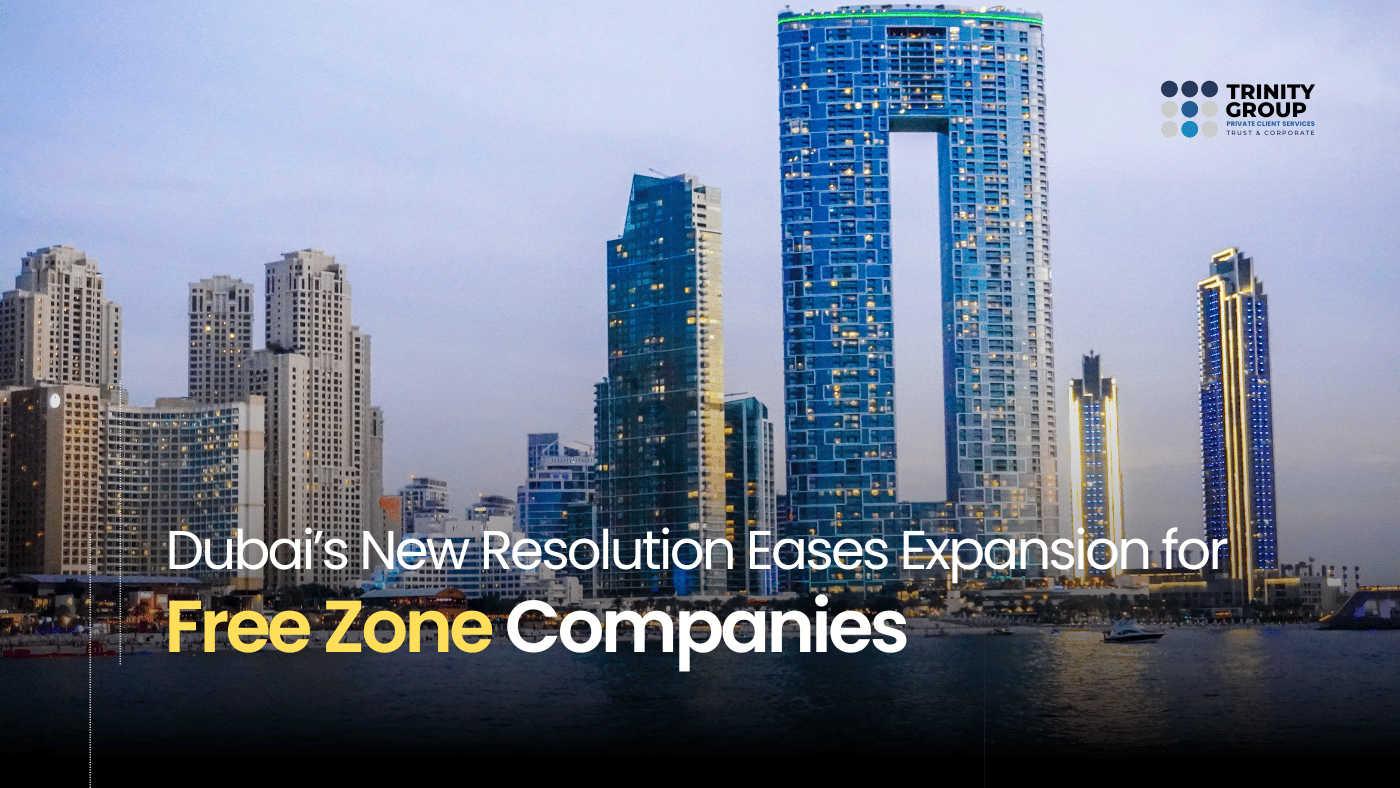Now Reading: Real Estate: 5 Innovative Uses of Blockchain in Contract Signing in 2025
-
01
Real Estate: 5 Innovative Uses of Blockchain in Contract Signing in 2025
Real Estate: 5 Innovative Uses of Blockchain in Contract Signing in 2025

Table of Contents
Dubai’s real estate market, a global leader with 6-9% rental yields and no capital gains tax, sustains AED 761 billion ($207.2 billion) in 2024 transactions despite a 15% price correction forecast for 2025, per Fitch Ratings. Blockchain technology, championed by the Dubai Land Department (DLD) and Virtual Assets Regulatory Authority (VARA), revolutionizes contract signing through platforms like Prypco Mint on the XRP Ledger.
With $399 million in tokenized sales in May 2025 (17.4% of transactions), blockchain enhances efficiency and security, per Property Finder. This guide, crafted in clear, SEO-friendly language with an engaging tone, outlines five innovative uses of blockchain in contract signing for U.S. investors in Dubai’s real estate market, supported by data, legal insights, and risk analysis, aligning with Dubai’s Economic Agenda D33 and Real Estate Strategy 2033.
5 Innovative Uses of Blockchain in Contract Signing

1. Smart Contracts for Automated Execution
Blockchain-based smart contracts, self-executing agreements coded on platforms like XRP Ledger, automate property sale and lease contracts, reducing processing time from 30 days to 1-2 days, per Economy Middle East. DAMAC’s $1 billion tokenization deal with MANTRA in January 2025 leverages smart contracts for seamless transfers.
- Innovation: Contracts execute automatically upon meeting conditions (e.g., payment confirmation), cutting legal fees by AED 10,000-15,000 ($2,723-4,084) for AED 1.5 million ($408,389) Dubai Marina units.
- Investor Benefit: U.S. investors save 2-3% on transaction costs, boosting 6-8% yields. Use Prypco Mint for smart contract deals.
- Example: A $408,389 Dubai Marina apartment contract saves $3,267 in fees, adding to $28,587 annual yield.
- Source: DLD
2. Immutable Digital Title Deeds

Blockchain’s immutable ledger, integrated with DLD’s Real Estate Evolution Space (REES) since May 2024, records digital title deeds, reducing fraud by 90%, per Ledger Insights. Ctrl Alt’s infrastructure syncs deeds with traditional registries, ensuring legal validity.
- Innovation: Tamper-proof deeds for AED 600,000 ($163,355) JVC properties enhance trust, streamlining transfers and supporting 7-9% yields.
- Investor Benefit: U.S. investors avoid $10,000 fraud losses, verifying ownership via Dubai REST. Complies with VARA’s KYC/AML rules.
- Example: A $163,355 JVC unit’s digital deed secures $11,435 yield, avoiding $2,723 in potential disputes.
- Source: VARA
3. Tokenized Fractional Ownership Contracts

Blockchain enables tokenized contracts for fractional ownership, allowing investors to buy shares in properties like AED 2 million ($544,518) Palm Jumeirah villas starting at AED 2,000 ($544), per Prypco. In 2025, 224 investors from 44 nationalities used Prypco Mint, per Blockchain App Factory.
- Innovation: Smart contracts automate fractional share transfers, reducing paperwork by 80% and enabling 6-7% yields for small stakes.
- Investor Benefit: U.S. investors access luxury markets with low capital, using Property Finder to identify tokenized properties.
- Example: A $5,000 share in a $544,518 Palm Jumeirah villa yields $350 annually, with $500 appreciation by 2028.
- Source: Prypco
4. Real-Time Escrow and Payment Integration
Blockchain platforms integrate escrow accounts with smart contracts, holding funds until contract conditions (e.g., DLD approval) are met, per Law No. 8 of 2013. Prypco Mint’s escrow system processed $18.2 billion in May 2025 transactions, per CoinDesk.
- Innovation: Real-time fund release for AED 800,000 ($217,807) Dubai South off-plan units cuts delays by 70%, ensuring 6-7% yields.
- Investor Benefit: U.S. investors minimize default risks, verifying escrow via Dubai REST. Supports Golden Visa applications for AED 2 million.
- Example: A $217,807 Dubai South contract releases $174,246 loan instantly, securing $15,247 yield.
- Source: DLD
5. Transparent Multi-Party Contract Verification
Blockchain enables multi-party verification (e.g., buyer, seller, DLD, banks) on a shared ledger, ensuring transparency for AED 1.2 million ($326,710) Dubai Hills contracts, per Global Government Fintech. VARA’s May 2025 guidelines enforce real-time audit trails.
- Innovation: All parties access contract status, reducing disputes by 85% and supporting 6-8% yields, per Betterhomes.
- Investor Benefit: U.S. investors streamline AED 2 million ($544,518) purchases, avoiding $5,000 legal disputes. Use Unique Properties.
- Example: A $326,710 Dubai Hills villa contract avoids $1,362 in disputes, boosting $22,870 yield.
- Source: VARA
Legal and Tax Framework
- UAE Legal Framework:
- Blockchain Contracts: Governed by DLD and VARA, requiring KYC/AML compliance under Federal Law No. 20 of 2018. Penalties: AED 5 million for non-compliance.
- Corporate Tax: 9% on taxable income above AED 375,000 ($102,103), exempt for residential rentals. File returns by September 30, 2025.
- VAT: 5% on commercial transactions (e.g., platform fees), exempt for residential. Register if taxable supplies exceed AED 375,000 by March 31, 2025.
- Transaction Fees: 4% DLD fee (split), AED 540-4,200 registration.
- U.S. Tax Framework:
- Reporting: Declare income via Forms 1040, 1116, Schedule E under FATCA. Income taxed at 10-37%, capital gains at 0-20%.
- Foreign Tax Credit (FTC): Offset UAE corporate tax against U.S. liability.
- FEIE: $130,800 exclusion for earned income, not rentals.
- Freehold Ownership: 100% ownership in zones like Dubai Marina, per Law No. 7 of 2006.
- Golden Visa: AED 2 million investments qualify for 10-year residency.
Risks and Mitigation
- Oversupply: 210,000–250,000 units by 2026 may deepen price declines. Focus on high-yield zones like JVC and Dubai Marina.
- Regulatory Risks: VARA’s evolving KYC rules may delay contracts. Engage Farahat & Co. for compliance.
- Technical Risks: Blockchain outages risk delays. Use DLD-verified platforms like Prypco Mint.
- U.S. Tax Burden: IRS reporting reduces returns. Maximize FTC with BrightTax.
- Smart Contract Errors: Coding flaws may void agreements. Verify contracts via Shuraa.
Step-by-Step Guide for U.S. Investors
- Research Blockchain Platforms: Study Prypco Mint and REES via DLD and VARA.
- Select Properties: Target AED 600,000-$544,518 properties in JVC or Palm Jumeirah via Property Finder.
- Use Smart Contracts: Execute contracts on Prypco Mint, ensuring KYC compliance.
- Verify Escrow: Confirm funds in DLD escrow accounts via Dubai REST.
- Ensure Tax Compliance: Register for UAE VAT/corporate tax by March 31, 2025, and U.S. taxes by April 18, 2025, with FTC via BrightTax.
- Monitor Contracts: Track multi-party verification on blockchain ledgers, engaging Unique Properties.
- Apply for Golden Visa: Submit AED 2 million investment proof to GDRFA by Q2 2025.
Conclusion
In 2025, blockchain transforms contract signing in Dubai’s AED 761 billion real estate market with smart contracts, digital deeds, tokenized ownership, escrow integration, and transparent verification. These innovations save U.S. investors 2-3% on costs, boosting 6-10% yields despite a 15% price correction. By leveraging platforms like Prypco Mint, ensuring VARA compliance, and using advisors like Farahat & Co., investors can navigate risks like oversupply and U.S. tax obligations, capitalizing on Dubai’s dynamic market. watch here
read more: 9 Strategic Approaches for Handling Property Service Hikes in 2025



















